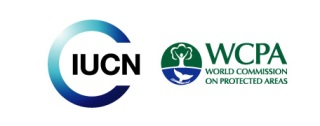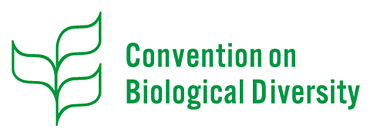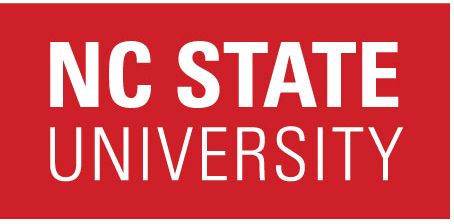PDF: Guide to Good Practices for Sustainable Tourism in Marine-Coastal Ecosystems: Lodging Businesses
Citation
Vargas, E., Acuña, A., Rioja, S., González, M., Delgadillo, L. (n.d.). Guide to Good Practices for Sustainable Tourism in Marine-Coastal Ecosystems: Lodging Businesses. New York & Washington, DC: Mainstreaming Biodiversity Conservation into Tourism through the Development and Dissemination of Best Practices, a project of the Rainforest Alliance, Conservation International, Ecuadorian Ecotourism Association (ASEC) and Programme for Belize (PfB).
Download PDF
Summary Up until the eighties, oceans were seen by many as an unlimited resource that could feed the world’s growing population. It was also seen as a system where household and industrial waste could be dumped. While the last few years have witnessed a major change in this view, human action pressure on oceans is still extraordinary, seriously affecting all marine and coastal ecosystems. These actions include ocean transport, commercial fishing, oil production, recreation, and tourism, among others. Ground-based activities, such as agriculture, industry, deforestation, mining, and urban development, also entail serious impacts because many of their solid, chemical, and organic waste eventually affect all marine and coastal ecosystems in the planet.
The lodging industry may have direct impacts on marine and coastal ecosystems, on account of beach or mangrove swamp modifications to build facilities, and indirect impacts, such as restaurant demand for seafood from fishing companies that use unsustainable practices.
This guide makes it possible to understand and value some of the most important components of marine-coastal biodiversity, including such ecosystems as beaches, coral reefs, and mangrove swamps, as well as some of the very popular wildlife groups, particularly marine turtles and mammals, i.e., cetaceans, manatees, and sea lions. It also shows lodging industry impacts on these resources and provides a series of best practices to prevent or minimize said impacts.
Keywords
Hotel management, tourism, biodiversity, conservation, marine-coastal ecosystems, water management, wastewater management, energy management, lodging infrastructure construction, waste management, transportation




